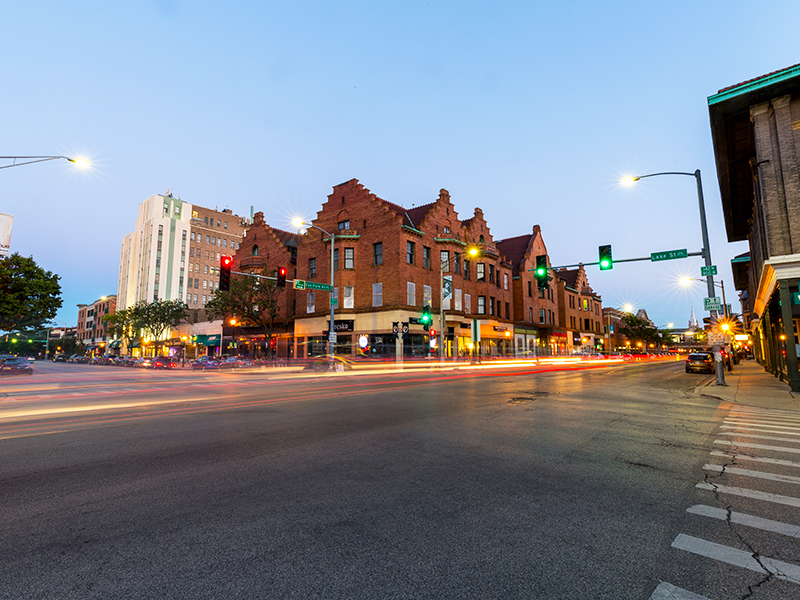Do Divvy Bikes Have a Place in the Chicago Suburbs?
The Divvy bike-sharing system will no longer operate in Oak Park, according to the Chicago Tribune. After analyzing low ridership statistics, the village board voted not to extend its agreement with the bike-sharing system. The current agreement comes to an end this week.

Divvy announced its expansion into Oak Park and Evanston in 2016. The expansion project added 13 stations in Oak Park and 10 stations in Evanston. The announcement stated that the expansion into the suburbs brought Divvy’s service area up to about 100 square miles. The release also expressed hope that the bike-sharing system would grow to become a regional service with more presence in the suburbs.
Now, less than two full years later, Oak Park is done with the ride-sharing system. Motivate International Inc., the company that operates Divvy, was working with Oak Park to provide a Divvy discount, but the village found it would continue to lose money to the tune of $80,000 a year, according to the report.
Divvy bikes were not bringing income. Just one percent of Oak Park residents have a membership, according to the report.
Do suburbs, like Oak Park, not need a bike-sharing program, or are the suburbs just not bike-friendly?
Ron Burke, executive director of the Active Transportation Alliance, argued that Oak Park has done little to make biking safe and easy, according to the report. Additionally, Oak Park Mayor Anan Abu-Taleb expressed concern that the system did not have enough time to get a foothold.
“I believe that we have not given this program enough time and enough management skills to allow it to succeed,” he said, according to the report.

Though Divvy may not have been able to thrive in Oak Park, bike-sharing in the suburbs is far from dead. The Regional Active Mobility Program, a different bike-sharing program, received a grant that would help bring bike-sharing to Aurora, Algonquin, Elgin, South Elgin, McHenry, and Naperville.
The grant from the Chicago Metropolitan Agency for Planning will help the program add more bike-sharing stations along the suburban bike trail and boost ridership.
Plus, Evanston is expected to start discussions of a one-year contract extension with Divvy, according to the Chicago Tribune report.
Oak Park is not the only area where Divvy has struggled to connect with riders. The bike-sharing program saw a dip in income due to expansion into the South and West sides of Chicago. Those areas had low ridership due to a number of factors, such as less access to bike lanes and cost.
While Oak Park might be a loss for Divvy, the bike-sharing system is still planning to grow. Right now, the system has more than 580 stations with a fleet of 6,000 bikes, according to the Divvy website.

